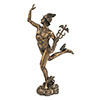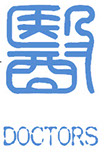
Ancestor of modern medicine: Hippocrates
Hippocrates of Kos, also known as Hippocrates II, was a Greek physician of the Age of Pericles, and is considered one of the most outstanding figures in the history of medicine. He is referred to as the "Father of Western Medicine"recognition of his lasting contributions to the field as the founder of the Hippocratic School of Medicine. This intellectual school revolutionized medicine in ancient Greece, establishing it as a discipline distinct from other fields with which it had traditionally been associated, thus establishing medicine as a profession.(Adapted from Wiki)
Physician oath
At the time of being admitted as a member of the medical profession:
• I solemnly pledge to consecrate my life to the service of humanity
• I will give to my teachers the respect and gratitude that is their due
• I will practice my profession with conscience and dignity
• The health of my patient will be my first consideration
• I will respect the secrets that are confided in me, even after the patient has died
• I will maintain by all the means in my power, the honor and the noble traditions of the medical profession
• My colleagues will be my sisters and brothers;
• I will not permit considerations of age, disease or disability, creed, ethnic origin, gender, nationality, political affiliation, race, sexual orientation, social standing or any other factor to intervene between my duty and my patient
• I will maintain the utmost respect for human life
• I will not use my medical knowledge to violate human rights and civil liberties, even under threat
• I make these promises solemnly, freely and upon my honor.
Medicine ancestor in Chinese: mythology Shennong
In Chinese mythology Shennong, besides having taught humans the use of the plow together with other aspects of basic agriculture, the use of medicinal plants, and having been a god of the burning wind, in which the ash produced by fire fertilizes the fields, was sometimes said to be a progenitor to, or to have had appointed as one of his ministers.
According to some versions of the myths about Shennong, he eventually died as a result of his researches into the properties of plants by experimenting upon his own body, after, in one of his tests, he ate the yellow flower of a weed that caused his intestines to rupture before he had time to swallow his antidotal tea: having thus given his life for humanity, he has since received special honor though his worship as the Medicine King.Under his various names, Shennong is the patron deity especially of farmers, rice traders, and practitioners of Traditional Chinese Medicine. Many temples and other places dedicated to his commemoration exist. (Adapted from Wiki)
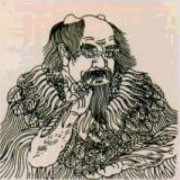
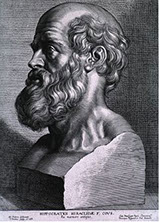
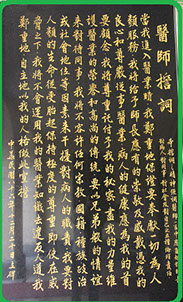
Home
History


